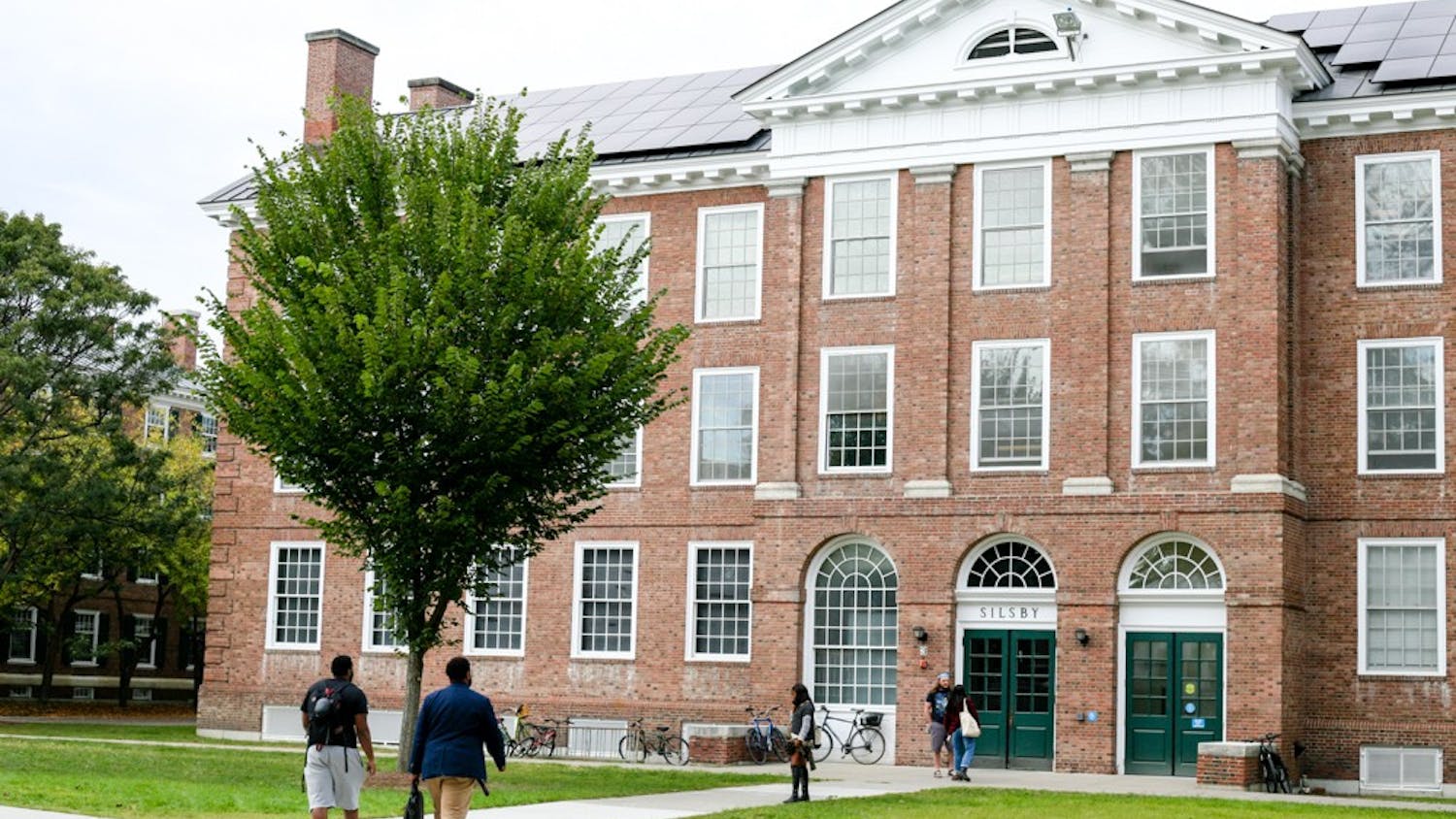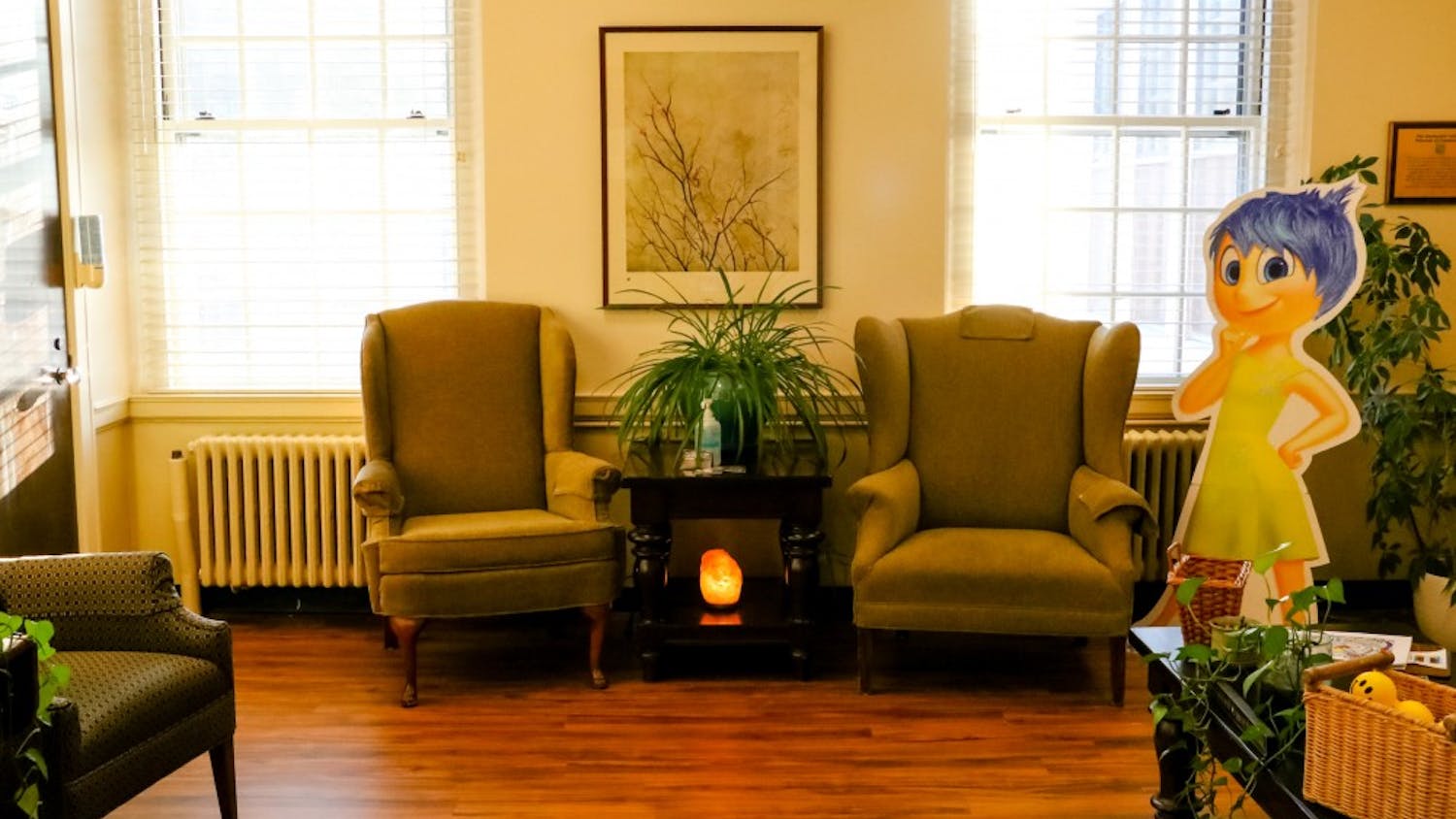As we gear up to pack our bags for winterim and head off campus, one subject frequents conversation: Dartmouth abroad experiences. With the quick turnaround between arriving back on campus for winter term and the Feb. 1 due date for applications for study abroad programs in the 2020-21 year, now is the time we must consider our options and reach out for letters of recommendation.
I was particularly excited for this year’s Language Study Abroad and Foreign Study Programs, as I decided last year to remain on campus all of sophomore year and save my abroad experience for junior fall or winter. My FSP, LSA+ and Exchange search over the past couple weeks has offered me a window into an international education program that is not as robust as it may seem, and one that precludes many students from participating.
Dartmouth international education experiences are out of touch with Dartmouth’s academic program, lack diversity in its offerings and are priced at exorbitantly high levels.
For most foreign study programs, you must be willing to give up a term to take courses in just one department. Dartmouth encourages students to craft degrees that fully encompass a liberal arts education. Yet, for students pursuing a double major, or any combination of diverse areas of study, committing an entire term to another course of study is often impossible. Not every course is offered each term, and thus, students have to account for this inconvenience and craft their schedules with this mind. This requirement for international experiences, in addition to the prerequisite requirements, can be a major barrier to participation by Dartmouth students.
Specifically, LSA and LSA+ programs are perhaps the hardest programs to complete if a student is pursuing a degree that does not include a language as a major, minor or modification. In many cases, students do not have room in their academic plans to dedicate an entire term to credits from one language department, making the language immersion experience unattainable. While I acknowledge the merit in immersing oneself in a three-course language term abroad, Dartmouth should consider running language immersion trips during winterim to increase student accessibility to such experiences.
At first glance, I will admit the study abroad options appeared diverse and plentiful. But now, having completed more research and attending abroad fairs, I have noticed that the diversity of international programs is limited. For example, there are government programs offered in Washington D.C., in London, as well as the Rockefeller Center’s exchange program with Oxford University, while only “The Stretch” is offered for Earth Sciences. In addition, there are some areas of study that lack any study abroad option outside of the country, such as the math department, which only offers a domestic study program in Tampa, FL. The program inequality across departments is discouraging for students who want to study a subject in a different part of the world or perhaps during a different term than it is offered.
Another barrier to participation in these programs is the cost associated with them. In general, abroad experiences come at far too high a price tag. The cost of flights and the large sum of money spent on experiences while abroad creates an accessibility barrier to many, even with Financial Aid being offered. Financial Aid may help with tuition costs and flights, but food being more expensive in many major cities, as well as suplemental experiences like weekend travel and cultural events, makes a term abroad more expensive than a domestic one.
Dartmouth must make a concerted effort to broaden its abroad offerings, to decrease their price and amend them to be more flexible to account for demanding degree requirements. The immersive Dartmouth study abroad experience is undoubtedly one of the College’s defining features. Offering a foreign study program with accompanying faculty members is admirable, but it needs to be made more accessible. It is crucial that we acknowledge that the abroad experience is a major draw for many prospective Dartmouth students and develop programs to meet the large demand that exists.



